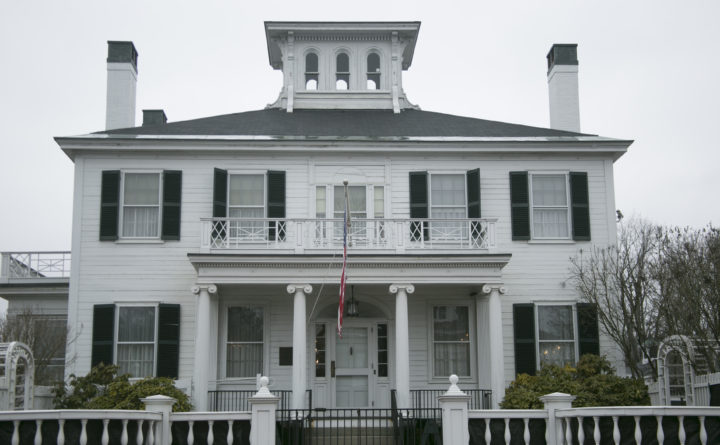AUGUSTA, Maine — A bill from Senate Democratic Leader Troy Jackson of Allagash, which will lower the cost of prescription medicine for Maine seniors and families by making affordable generic drugs more available, became law without the governor’s signature on July 5, 2018.
The new law aims to lower drug costs by forcing brand-name drug producers to follow federal law by providing samples of their drugs to generic producers, so that generic alternatives may be sold when the drug’s patent expires.
“The skyrocketing cost of prescription drugs is leaving Mainers of all ages and across the entire state in a tough spot. It isn’t right that people have to choose between paying for medicine or meeting other basic needs. Now, Maine seniors and families will have access to more affordable prescription medicine,” said Sen. Jackson.
The Food and Drug Administration (FDA) currently requires name-brand pharmaceutical producers to make their drugs available to generic manufacturers. However, under an FDA provision called Risk Evaluation and Mitigation Strategies (REMS), intended to ensure drug safety, drug manufacturers can withhold their products from generic companies.
Earlier this year, the FDA released a list of drug manufacturers using this provision to block access to generic drugs.
The new law amends the Maine Pharmacy Act to require that a drug distributed in Maine be made available for sale to an FDA-approved generic drug manufacturer who is seeking to develop a cheaper alternative. The bill was also amended in the Senate to protect name-brand producers from liability in lawsuits involving generics created under the terms of the act.
“When Mainers are forced to sacrifice their health and well-being by rationing their medication or going without because the cost of prescription drugs are too high, we know we have a problem,” said Sen. Jackson. “Large pharmaceutical companies are already making enough money. It’s unconscionable that they are abusing a provision in federal law designed to protect the safety of consumers to grow their bottom-line and keep more affordable drugs out of the market.”
According to Jackson, roughly six out of 10 Americans think lowering the cost of prescription drugs should be the government’s top priority. Generics are 80 to 85 percent less costly than equivalent brand-name drugs, and are prescribed more than 90 percent of the time when they are available. Jackson said generics saved Maine $1.05 billion in 2016, including $156 million in savings for Medicaid.
The bill will take effect 90 days following the end of the special legislative session.





